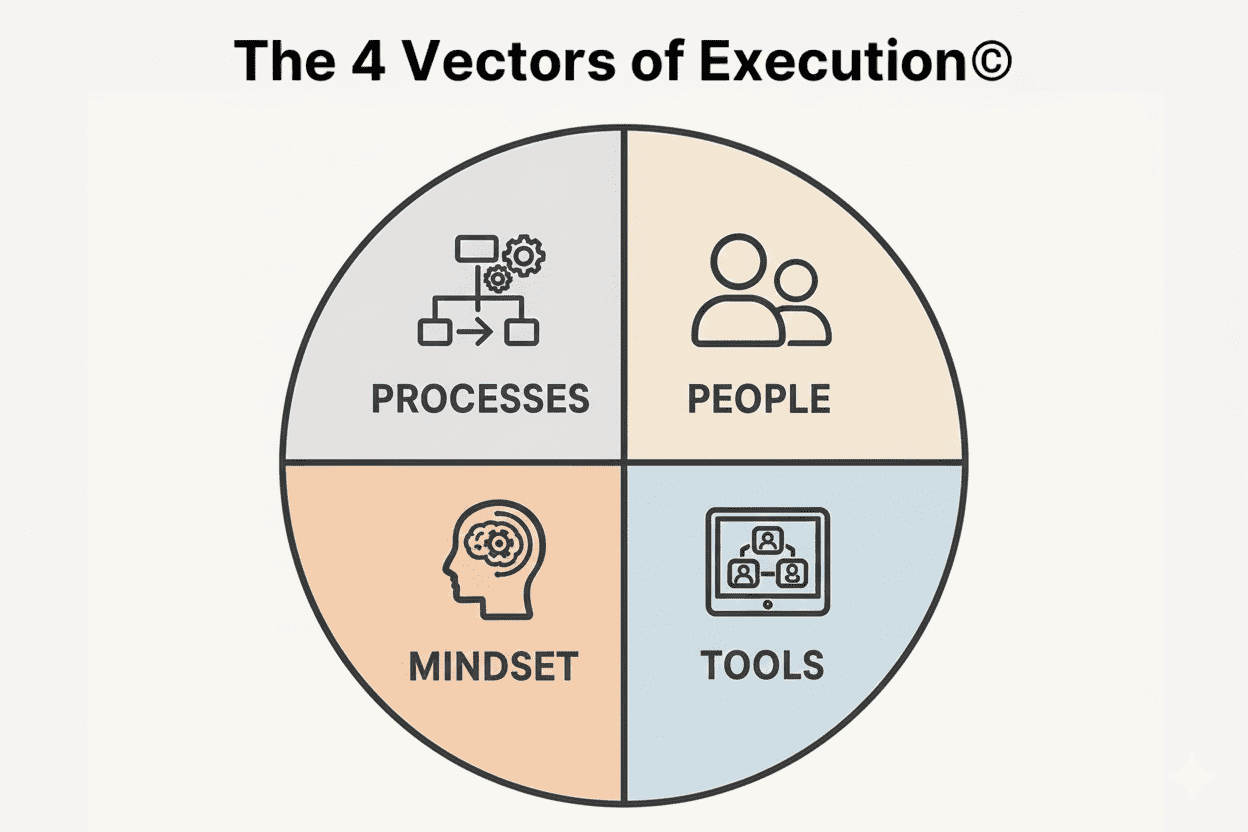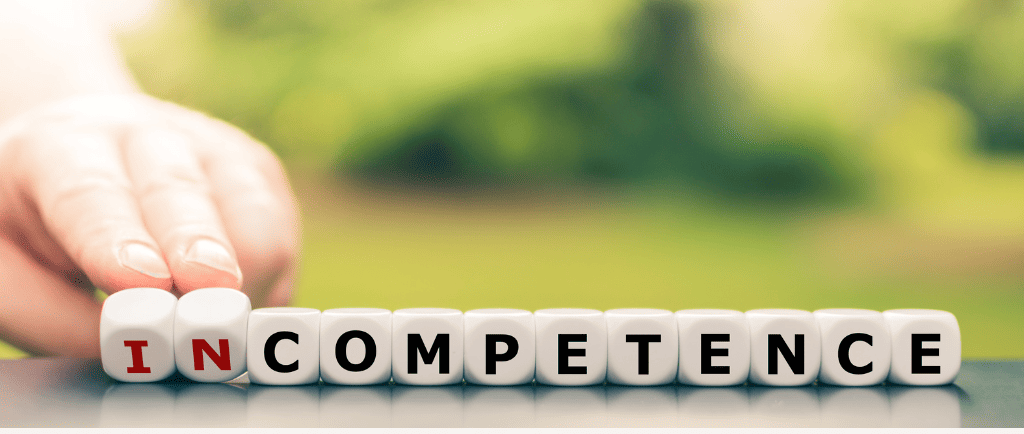“How terrible is wisdom that brings no benefit to the wise, Johnny.” (Angel Heart, 1987)
That line, at the end of the movie, resonates strongly in many organizations. Especially when it comes to senior professionals who, after years of experience across multiple companies, can clearly see what is about to happen. They identify risks, anticipate consequences, and foresee negative scenarios with remarkable accuracy. Yet, they are not always heard.
In the worst cases, their warnings are met with condescension. They are silently ignored or—worse—dismissed as exaggerations from someone “burned out” by experience. And then, inevitably, what they anticipated comes to pass.
“At that moment, of course, we can’t say ‘I told you so.’ The business context won’t allow it.”
What is clear, however, is that it was avoidable. And here lies the paradox: sometimes, wisdom that brings no benefit can be truly terrible. Because the result is not just personal frustration; it’s a tangible cost to the organization.
Experience Cannot Be Replaced
Experience is not something that can be transferred through a manual, a course, or even (yet) through Artificial Intelligence. Experience is built through:
- Situations lived.
- Consequences observed.
- Decisions made and their impacts.
- Contextual understanding.
- Scenario modeling and anticipation of future problems.
An experienced professional has developed the ability to model: anticipate what could happen from seemingly minor variables, assess the impact, and decide how to mitigate it.
This ability is not automatically acquired with the passage of time, nor is it universal —sometimes it doesn’t even develop—; each career path generates unique, cumulative knowledge that is difficult to replicate.
The Opportunity to Listen
Herein lies the opportunity. Identifying and listening to those who have developed this skill is a strategic asset. It is not just about respecting hierarchy; it is about recognizing that experience provides vision, anticipation, and prevention.
Listening to those who see what could go wrong doesn’t guarantee perfection, but it significantly increases the chances of avoiding costly mistakes.
Useful Wisdom vs. Terrible Wisdom
Ultimately, experience is an invisible capital that can safeguard decisions and organizational structures. Ignoring it not only wastes talent, but it turns wisdom into a terribly ineffective resource, useful only to its possessor, with no benefit for the organization.
Robert De Niro understood this very clearly in Angel Heart, thanks to his advantageous position (which we won’t reveal): wisdom is terrible when its value is not leveraged. And in the business world, listening to those who have already seen how scenarios unfold can make the difference between repeating mistakes and anticipating them.
[In the movie, Johnny’s story does not end well—a reminder that even the strongest wisdom cannot always change a fate that was already set.]



